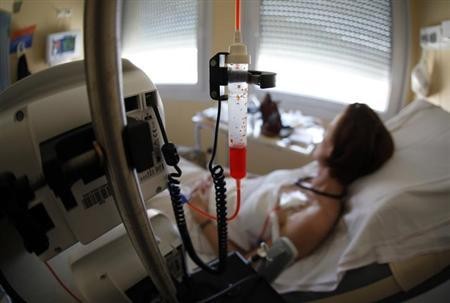Deciding whether or not to continue end of life treatment, such as cancer chemotherapy to a dying person, is a tough choice. It is often a medical issue for terminal cancer victims questioning whether the top priority of a hospital or medical center is preserving lives or saving money. A new study revealed that a medical reason for providing less chemo treatment for end-stage patients is that their quality of life is not improved.
The new study was published in JAMA Oncology.
It examined 312 case studies of people. They were not responsive to one or more chemotherapy sessions, and their life expectancy was estimated to be six months at most, according to CBS News.
Chemotherapy made the cancer symptoms of the subjects who had advanced cancer until passing away less severe. However, survival rates did not improve.
In fact, the research showed that chemo patients who had the best health at the start of the study were in the worst shape. Their quality of life was lowest.
Half of the patients were receiving chemical treatments at the study's start. The nine patients with no cancer symptoms at the beginning had a quality of life that was lower towards death.
Holly Prigerson, a director at Weill Cornell Medical College said that conventional wisdom says that trying another chemo regimen is worth a try. However, the study shows that harms exist.
Prigerson's wish is that the new study will stir public debate about whether end-of-life cancer chemo is appropriate or not. Its toxins make patients feel worse.
Two physicians from the an Oregon university wrote in the cancer study's editorial that its data is "troubling." They argued that treatment and hope are different, and that end-state patients feel pressure from friends and family to prolong chemo treatments in order to continue their battle with cancer, according to The Washington Post.



























